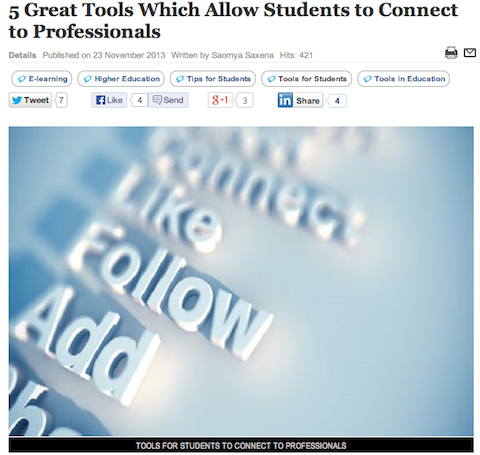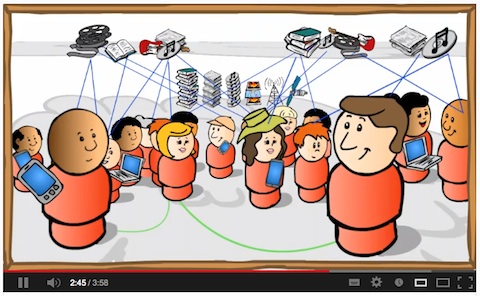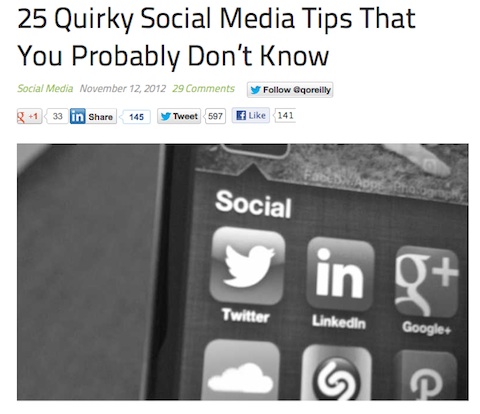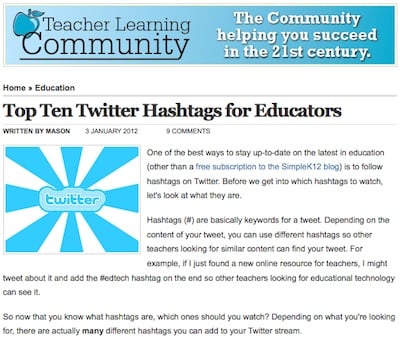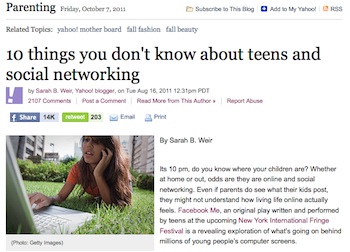Timothy B. Lee uses an amazing series of maps to explain how the Internet was first set up, how it expanded and also the development of access and even threats during this time. The latest trends of Social Media dominance are also mapped.

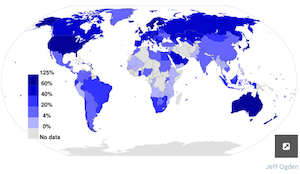
Tag Archives: Social Networking
Tools for students to connect – networks for learning
Learning through Social Networks

Many educators use PLNs (personal learning networks) for personal learning and networking. But what about students?
Paul Moss, edmerger.com in his post Students Need Professional Learning Networks, Too discusses the benefits of students engaging in learning networks
The creation of an independent learner, a learner who can adapt to changing contexts by engaging their network, a learner who can confidently navigate through the jungle of the Internet. But let’s not make students wait while teachers themselves come to terms with the power of the PLN. Students already have a very solid prior knowledge of the power and functionality of networks. They enthusiastically engage with them everyday for social and entertainment purposes. The skilled teacher is the one who can take that prior knowledge and enthusiasm and teach students to leverage it to their learning advantage.
Technology, communication, connection and relationships
Connected, but alone?
As we expect more from technology, do we expect less from each other? Sherry Turkle studies how our devices and online personas are redefining human connection and communication — and asks us to think deeply about the new kinds of connection we want to have.
Sherry Turkle studies how technology is shaping our modern relationships: with others, with ourselves, with it.
Social Media – like you’ve never had it explained before – visually!
Social Media Explained Visually by Say it Visually! This entertaining, well constructed explanation of social media is worth a visit.
In explaining Social Media :
“Its basically this unpredictable worldwide network of conversations that’s just exploding! They cover big topics like news and events and the little things that mass media missed and all that mass media content is getting pulled into these conversations. We are getting more and more information and entertainment from each other.”
Check those Social Media basics!
Social Media Policy
Social Media tools are becoming the main means of communication even overtaking that of email. The problem lies with the blurring of boundaries between work and home. The Victorian Government has launched a Social Media Policy which could be adapted for any environment – business or school. This clip outlines all the precautions needed to ‘post’ and ‘like’ within ethical boundaries.
Educators: Social Networking sites for your PLN
So much change in so many areas makes it hard to keep abreast with educational research and developments. A well connected teacher has access to many people and new ideas with similar interests to their own.
This site offers access to selected social networks so that teachers can link to stay informed or to share their own expertise in an area of education.
This is Part 2 in a series. The Comprehesive Guide to The Use of Social Networking in Education Part 1 gives a clear explanation of social networking as it applies to education but this site – Part 2 – delves deeper
Some of the principal benefits of these networks is that they help you grow professionally and expand your knowledge base to include new ideas and concepts. To be a successful educator, we need to constantly engage in discussions and participate in the various communities of practice and PLNs available online.
Top Twitter hashtags for educators
Social Media and Learning
The blog post from Mind Shift: How we will learn entitled A Case for Using Social Media with Learning is worth sharing and fosters ideas and discussion points as teachers come to grips with the integration of social media into learning activities. Aran Levasseur says that “Social media has the potential to revolutionize our model of learning by transforming individual students from information silos into smart nodes within a dynamic and interdependent learning network. By serving as the connective tissue of a learning environment — whether it’s a class, school or community organized around common interests — social media can enhance student communication, collaboration and problem solving by aggregating perspectives.” This blog post could initiate discussion in the staffroom as we come to grips with change in our schools and classrooms.

Teens and Social Networking
TED talk by inspirational School Librarian, Dr Joyce Valenza
Dr Joyce Valenza is well known worldwide by Teacher Librarians for her innovative use of technology in schools and her contributions to the development of Web2.0 tools integrated into school research practice. She regularly visits Australia to share at our professional development conferences.
Detecting Lies and Staying True
Stay safe online. Be a detective and check out the site. Can you trust the information? Compare it with other sources. Be a good citizen online as well. Make only kind thoughtful comments or else say nothing. Report anything you see that is inappropriate online.
YouTube & Commoncraft videos to the rescue!
Commoncraft videos on YouTube are very useful for a quick overview on new technologies. Check out these videos – most only a few minutes in length. Start with
World Wide Web in Plain English if you are not already familiar with exactly how it all works. Go on to learn about:

